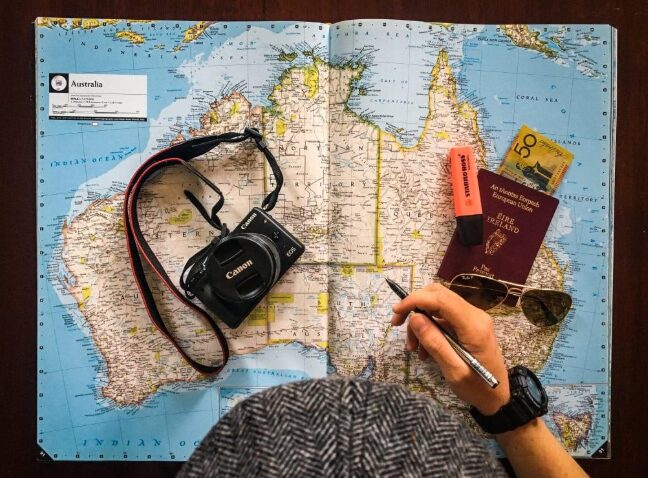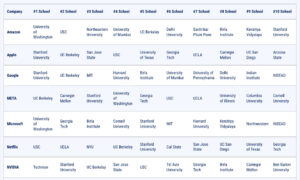There’s something strangely risky about typing “best places to eat in Rome” into a search bar. You get a dozen polished blog posts. A few Pinterest-perfect photos. Maybe a guide from 2016 that’s still ranking high. But is it real? Or is it an ad wearing a wig?
Traveling smart, in 2025, means going beyond brochures, beyond influencers who pose with luggage brands, beyond the glossy. It means information filtered through no agenda. Raw. Anonymous. Untouched by marketing departments.
Yes—anonymous.
Why Anonymous Tips Matter More Than Ever
Let’s consider something for a moment: not everyone wants to leave a digital trail. Some travelers want to share—but not be followed. Others want to ask questions—but not be judged. Imagine a place where someone tells you, “Avoid the taxi queue at Lisbon Airport, take the Metro instead—less than €2 and no line,” and they don’t need followers or likes to say it.
According to a 2023 study by Booking.com, 74% of travelers say they trust tips from real users more than those from official tourism sites. Yet only 22% feel comfortable sharing experiences openly online due to privacy concerns or fear of backlash.
Looking for a great way to pass the time while traveling? How about LuckyCrush – a service for chatting with strangers. Although there are LuckyCrush alternatives, this option is interesting because it selects pairs quite well based on AI analysis, offers automatic speech translation and allows you to chat with people from more than 100 countries. One of the best alternatives is CallMeChat, which in turn is a modern service for communication both on formal issues and for friendly conversations. Perhaps, video chat is an ideal option for those who love live communication and are open to dating.
Tip Trading: The New Currency of the Traveler
Let’s break this down: how do you travel smarter? You learn. You research. You fail once (getting ripped off by that charming tuk-tuk driver) and never again. Now imagine being able to collect hundreds of those tiny failures from others—before they become yours.
Look for platforms that allow anonymous posting. No usernames. No comment wars. Just info. These are popping up faster than you might think. Reddit-style threads, niche microforums, travel subcultures that thrive on giving without the ego. The magic lies in the details: someone might not post “5 Things to Do in Tbilisi,” but instead, “The café across from Liberty Square Metro has the best khachapuri I’ve had in my life, and it’s $1.20.”
No fluff. Just facts.
The Power of Microtips: Little Things, Big Impact
Smart travelers aren’t always chasing top 10 lists. Sometimes, it’s about the stuff that won’t go viral:
- Don’t drink tap water in this specific rural town.
- This ATM doesn’t charge a withdrawal fee.
- The border crossing at 6:00 a.m. is 20 minutes faster than at 8:00.
These are the kind of things you won’t find on travel agency sites. They live in the anonymous margins.
Want to travel smarter? Think smaller. Think granular. Think microtips.
Real Talk: Mistakes Make the Best Tips
One of the fastest ways to learn how to travel smarter is by reading about someone else’s mistake. Especially when they’re not trying to impress you.
Someone once wrote anonymously: “Don’t rent a scooter in Bali if you’ve never driven one before. I learned the hard way. Road rash for a month. Police fine. Still worth it. But maybe take the cab first.”
That kind of raw, honest confession? Worth more than a 10-minute travel vlog with drone shots.
Sharing Anonymously: Your Experience Might Save Someone’s Trip
“But I’m not an expert,” you say. Doesn’t matter.
You sat on the wrong train in Tokyo? Tell people.
You found the only place with clean bathrooms in Marrakesh? Share it.
You figured out how to get Wi-Fi in rural Norway? Someone needs to know.
You don’t need a platform. Just a moment of generosity and a little anonymity.
Even better? Create a trail of microtips: drop three pieces of knowledge after every trip. One mistake, one win, one odd little gem. That’s it. Multiply that by hundreds of people doing the same and suddenly you’ve got the richest travel database that isn’t a travel database.
Use These Tools (Without Getting Tracked)
To really lean into anonymous travel tip-sharing, here’s how to start:
- Use encrypted messaging boards or zero-login forums.
- Consider temporary email services if a post requires verification.
- Browse with privacy-first browsers.
- Don’t log into social media to post tips. Keep travel insights separate from your digital persona.
Remember: sharing tips doesn’t mean sharing identity.
Discovering Tips: Don’t Search, Sift
Here’s a wild thought—don’t just Google “best beaches in Thailand.” Search for things like:
- “Avoid in Phuket March”
- “Silent coffee Chiang Mai”
- “Cheap SIM Hanoi no passport”
This phrasing will lead you to conversations, not content farms.
Traveling smart is about curiosity paired with skepticism.
Statistics You Didn’t Expect (But Probably Should)
- Only 19% of Gen Z travelers fully trust commercial travel blogs (Skift, 2024).
- 67% of travelers prefer peer-to-peer advice over AI-generated itineraries.
- Anonymous forums are seeing a 35% year-over-year increase in travel tip traffic.
That last one is big. The movement is growing. Privacy-first platforms are no longer fringe—they’re the new guidebooks.
Final Boarding Call: Share, Learn, Vanish
Travel smarter. Not harder. And definitely not louder.
The future of smart travel is quiet. Anonymous. Detailed. Helpful. Free from the influencer economy. It’s where truth isn’t polished—and that’s exactly why it shines.
So, next time you’re planning a trip, skip the filters and check out the real stuff. And when you get back? Drop a tip, vanish, and let someone else travel smarter because of you.
No face. No fame. Just facts.
Because the best travel guide is a crowd of invisible people, pointing you in the right direction.



































